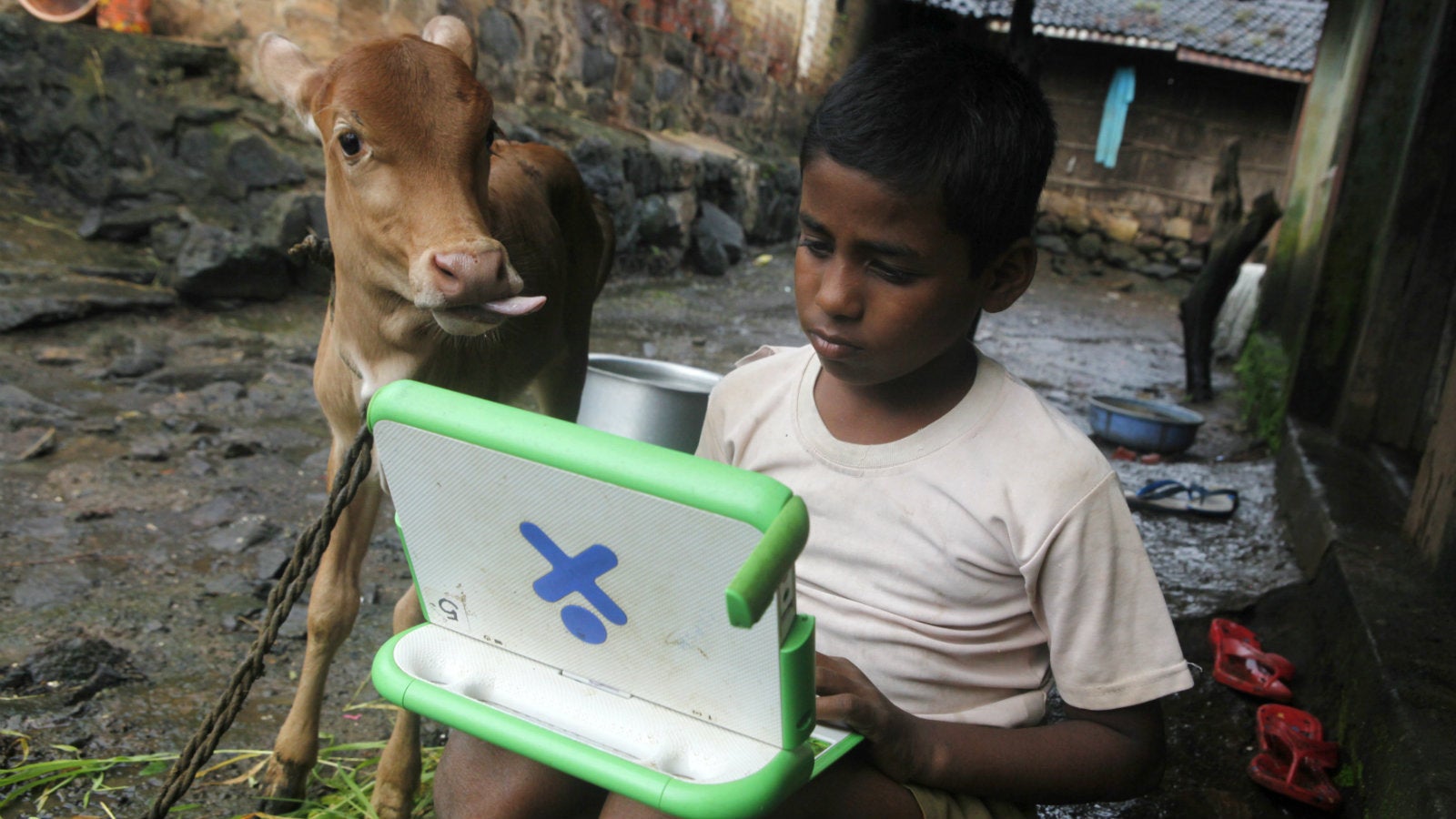The future of school in India is online
With India’s traditional education system routinely criticised for its poor quality, students are finally taking matters into their own hands.


With India’s traditional education system routinely criticised for its poor quality, students are finally taking matters into their own hands.
By 2021, the country’s online education industry is expected to be worth $1.96 billion, a huge jump from just $247 million in 2016, according to a new report by Google and KPMG. While re-skilling and online certification courses constitute the biggest category today, particularly popular among IT workers, the report forecasts that it’s primary and secondary supplemental education that will dominate in a few years. That’s because students from smaller towns and cities will benefit from increasing access to the internet.
Titled Online Education in India: 2021, the report also forecasts that test preparation courses will be the fastest-growing category as engineering and government service aspirants look to better their chances at entrance exams.
“There are many factors driving this growth, including the perceived convenience, increased reach, and personalisation offered by online channels,” Nitin Bawankule, industry director at Google India, said in a statement. “It is also interesting to note that high growth in education search queries is now coming in from Tier 2 and 3 cities such as Patna, Guwahati, Aligarh, and Kota—which points to the opportunities that (the) growing penetration of smartphones and improving quality of internet have opened up.”
The relatively lower cost of online education and its superior quality present a useful supplement for students in regions where schools lack even basic infrastructure, let alone qualified teachers. Moreover, as India’s population of young job-seekers booms, and employment becomes even more competitive, they are seeking more training to equip themselves better.
That could explain why young Indians are increasingly willing to pay for online learning. The report says the country’s paid user base for online education will hit 9.6 million by 2021, from 1.6 million in 2016.